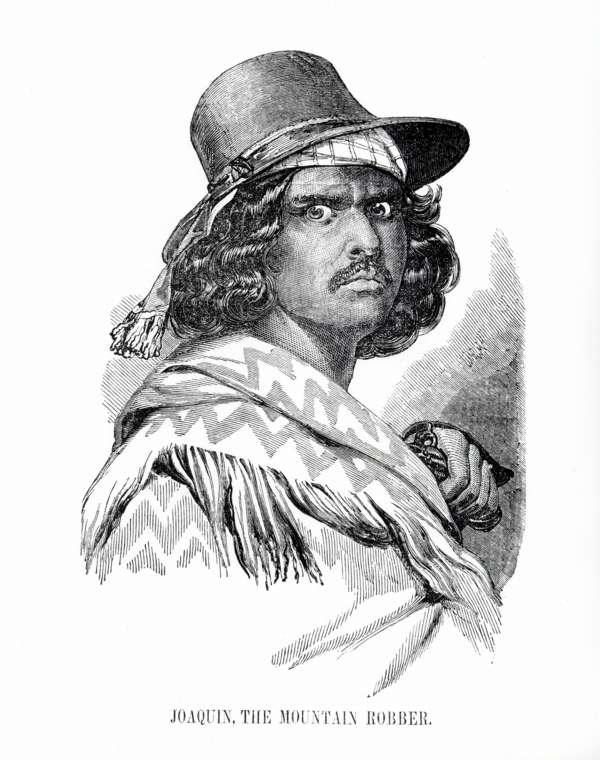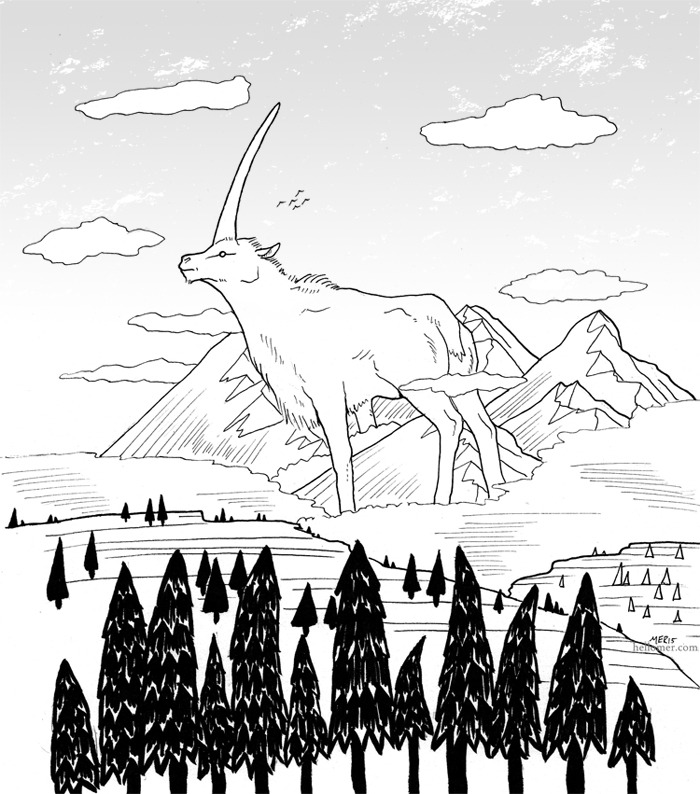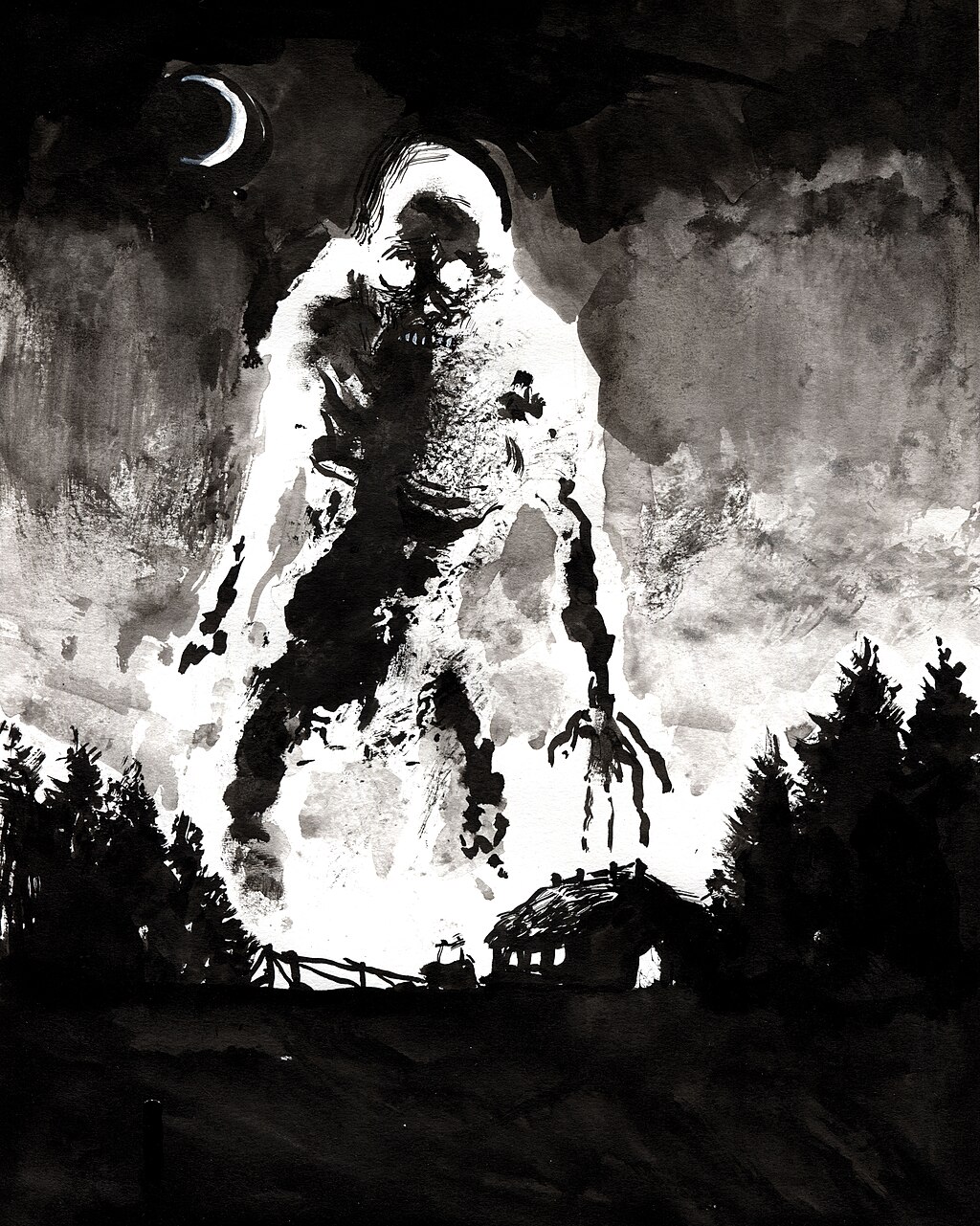Joaquin Murrieta

Joaquin Murrieta Carrillo (often misspelled Murieta or Murietta) (c. 1829 – July 25, 1853), known as the "Robin Hood of the West" or "Robin Hood of El Dorado," is a semi-legendary Mexican figure whose historical existence remains debated. His story was popularized by the 1854 novel The Life and Adventures of Joaquín Murieta: The Celebrated California Bandit by John Rollin Ridge, which claimed to recount his life.
Murrieta became the subject of numerous legends during the California Gold Rush of the 1850s, though verifiable historical evidence is limited. Official records from 1852 mention a man named Joaquin Murrieta involved in minor horse theft. Around the same time, newspapers reported on a bandit named Joaquin who committed several robberies and murders. Harry Love, a California Ranger, was tasked with capturing Murrieta and claimed to have killed him, bringing in a preserved head as proof to collect the bounty.
According to popular lore, Murrieta was a Sonoran gold miner and vaquero who came to California in search of fortune. Peaceful by nature, he was allegedly pushed into violence after a series of injustices: he and his brother were wrongly accused of mule theft, his brother was lynched, Murrieta was flogged, and his wife was raped—some accounts say she died in his arms. Seeking vengeance, he tracked down and killed those responsible and began a brief but bloody campaign targeting Anglo settlers. The state eventually placed a bounty of up to $5,000 on him, dead or alive.


